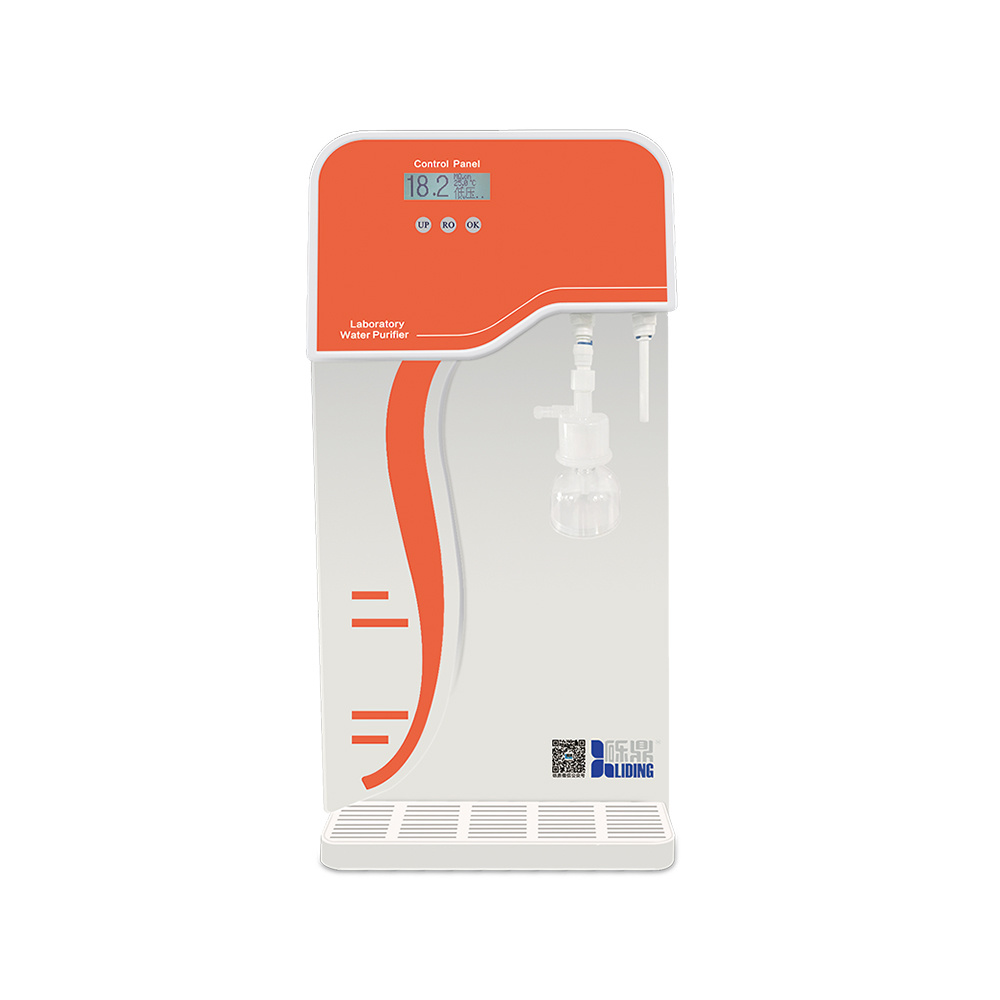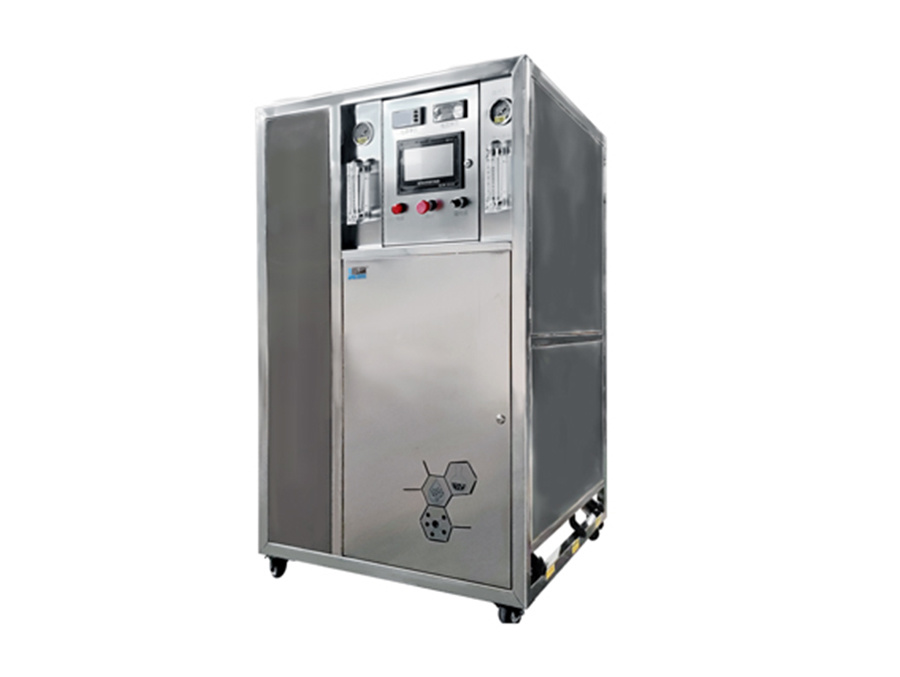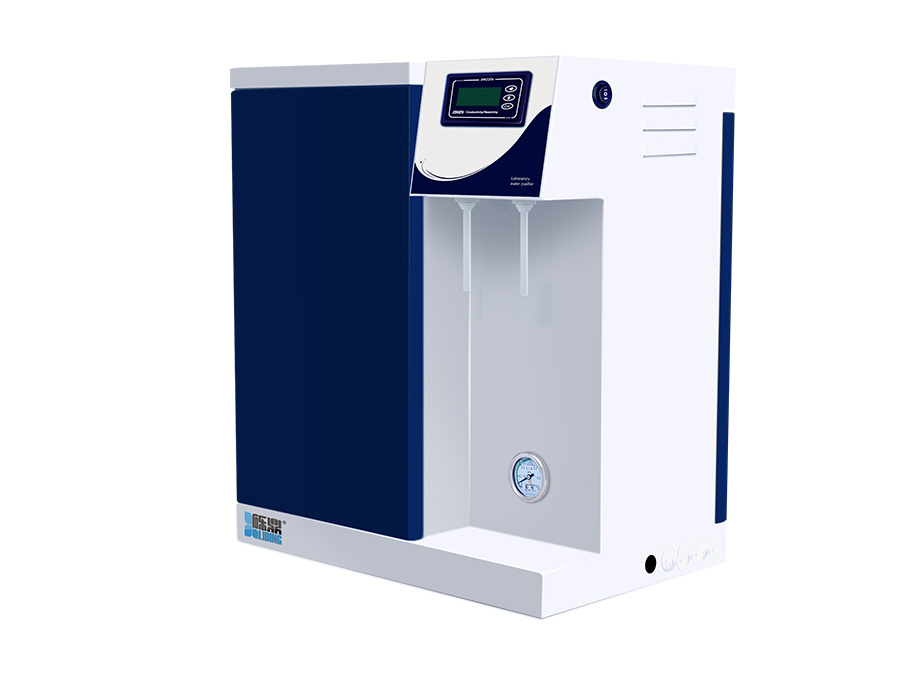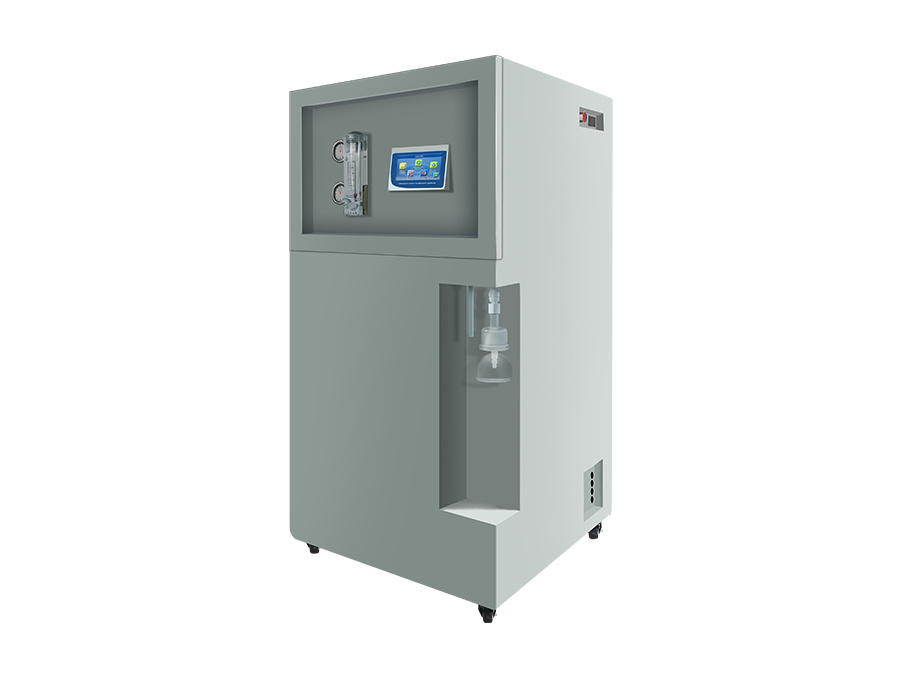Exploring the Environmental Benefits of Using Ultra Pure Water Purifiers
Time:
Jun 21,2025
Exploring the Environmental Benefits of Using Ultra Pure Water Purifiers
In today’s world, where water pollution and scarcity are pressing issues, the quest for clean, safe, and environmentally friendly water solutions has become paramount. An effective solution lies in the use of ultra pure water purifiers. These devices not only ensure the delivery of high-quality water but also contribute significantly to environmental preservation. This article delves into the multifaceted environmental benefits of utilizing ultra pure water purifiers, elucidating their role in promoting sustainability and safeguarding our planet.
Table of Contents
- What Are Ultra Pure Water Purifiers?
- How Do Ultra Pure Water Purifiers Work?
- The Environmental Impact of Water Pollution
- Key Environmental Benefits of Ultra Pure Water Purifiers
- Conserving Water Resources
- Reducing Plastic Waste
- Energy Efficiency of Ultra Pure Water Purifiers
- Health Benefits and Their Environmental Link
- The Future of Water Purification Technology
- Conclusion
- FAQs about Ultra Pure Water Purifiers
What Are Ultra Pure Water Purifiers?
Ultra pure water purifiers are advanced filtration systems designed to remove impurities from water, producing water that meets high purity standards. These purifiers leverage various technologies, including reverse osmosis, deionization, and microfiltration, to eliminate contaminants at the molecular level. The result is water that is not only free from harmful substances but also possesses exceptional clarity and taste.
How Do Ultra Pure Water Purifiers Work?
The operation of ultra pure water purifiers involves several stages, which work in tandem to ensure optimal purification:
1. Pre-Filtration
This initial stage typically involves sediment and carbon filters that remove larger particles, chlorine, and other chemicals that may affect taste and odor.
2. Reverse Osmosis
In this crucial phase, water is forced through a semipermeable membrane that allows only water molecules to pass while blocking contaminants, including bacteria, viruses, and heavy metals.
3. Deionization
Deionization removes ions from the water, resulting in high-purity water. This stage is particularly important in applications where mineral-free water is essential, such as in laboratories and manufacturing.
The Environmental Impact of Water Pollution
Water pollution poses a severe threat to ecosystems, human health, and economic stability. Contaminated water bodies lead to:
- Loss of aquatic biodiversity, as many species struggle to survive in polluted environments.
- Health risks for humans and wildlife, including diseases resulting from exposure to toxic substances.
- Economic costs associated with water treatment, healthcare, and loss of productivity.
By adopting ultra pure water purifiers, we can mitigate these adverse effects and work towards a cleaner environment.
Key Environmental Benefits of Ultra Pure Water Purifiers
Ultra pure water purifiers offer numerous environmental benefits that contribute to sustainability and the preservation of natural resources. Some of the most significant advantages include:
1. Enhanced Water Quality
By providing high-quality water, ultra pure water purifiers help reduce pollution in local waterways. Cleaner water systems are vital for preserving aquatic life and maintaining ecological balance.
2. Reduction of Contaminants
The advanced filtration technologies employed in these purifiers effectively eliminate harmful contaminants, thus protecting both users and the environment. This reduction in pollutants contributes to safer drinking water for all.
Conserving Water Resources
Water scarcity is a growing concern worldwide, and ultra pure water purifiers play a crucial role in conserving this precious resource:
1. Efficient Usage
These purifiers are designed to maximize water efficiency, ensuring that a larger volume of purified water is produced from a smaller quantity of feed water. This efficiency is particularly beneficial in arid regions where water is limited.
2. Reuse of Water
Many ultra pure water purifiers allow for the recycling of wastewater, turning it into clean, usable water. This process significantly reduces the overall demand for fresh water, thereby conserving resources.
Reducing Plastic Waste
The reliance on bottled water has led to an overwhelming increase in plastic waste. Ultra pure water purifiers provide a sustainable alternative:
1. Eliminating Single-Use Plastics
By using a purifier, households and businesses can significantly reduce their consumption of bottled water, thereby minimizing plastic waste. This shift not only benefits the environment but also helps consumers save money in the long run.
2. Supporting Recycling Initiatives
As the demand for single-use plastics decreases, recycling programs can focus on more sustainable materials, further contributing to environmental conservation.
Energy Efficiency of Ultra Pure Water Purifiers
Modern ultra pure water purifiers are designed with energy efficiency in mind:
1. Low Energy Consumption
Many of these systems operate using less energy compared to traditional water purification methods. This reduced energy requirement decreases the overall carbon footprint associated with water purification.
2. Sustainable Practices
By employing renewable energy sources to power these devices, businesses and households can further minimize their environmental impact, aligning with global sustainability goals.
Health Benefits and Their Environmental Link
The health benefits of using ultra pure water purifiers are closely linked to environmental issues:
1. Reduced Exposure to Contaminants
By ensuring that drinking water is free from harmful substances, ultra pure water purifiers safeguard public health. This health protection also translates to reduced healthcare costs and less strain on environmental resources.
2. Promoting Sustainable Practices
Individuals who invest in ultra pure water purifiers are often more conscious of their overall environmental impact, fostering healthier lifestyles and supporting sustainable practices.
The Future of Water Purification Technology
As technology advances, the future of water purification looks promising:
1. Innovations in Filtration
Emerging technologies continue to enhance the filtration capabilities of ultra pure water purifiers, making them even more effective. Innovations such as nanotechnology and advanced membranes promise to revolutionize the industry.
2. Integration with Smart Systems
Smart water purification systems equipped with sensors and IoT technology allow users to monitor water quality in real time, ensuring optimal performance and environmental compliance.
Conclusion
In conclusion, the environmental benefits of using ultra pure water purifiers are far-reaching and impactful. From improving water quality and conserving resources to reducing waste and promoting health, these systems play a vital role in fostering a sustainable future. As we continue to face the challenges of water pollution and scarcity, adopting ultra pure water purifiers can be a significant step toward safeguarding our planet for future generations.
FAQs about Ultra Pure Water Purifiers
1. What is the difference between regular water filters and ultra pure water purifiers?
Regular water filters typically remove larger contaminants, while ultra pure water purifiers eliminate even the smallest impurities, resulting in higher purity levels.
2. Are ultra pure water purifiers environmentally friendly?
Yes, they help reduce pollution, conserve resources, and decrease plastic waste, making them environmentally beneficial.
3. How often do I need to replace filters in an ultra pure water purifier?
Filter replacement frequency varies by model and usage, but it is typically recommended every 6 to 12 months.
4. Can ultra pure water purifiers remove heavy metals?
Yes, ultra pure water purifiers are designed to effectively eliminate heavy metals, ensuring safe drinking water.
5. What maintenance is required for ultra pure water purifiers?
Regular maintenance includes changing filters, cleaning the system, and checking for leaks to ensure optimal performance and longevity.
RELATED NEWS








